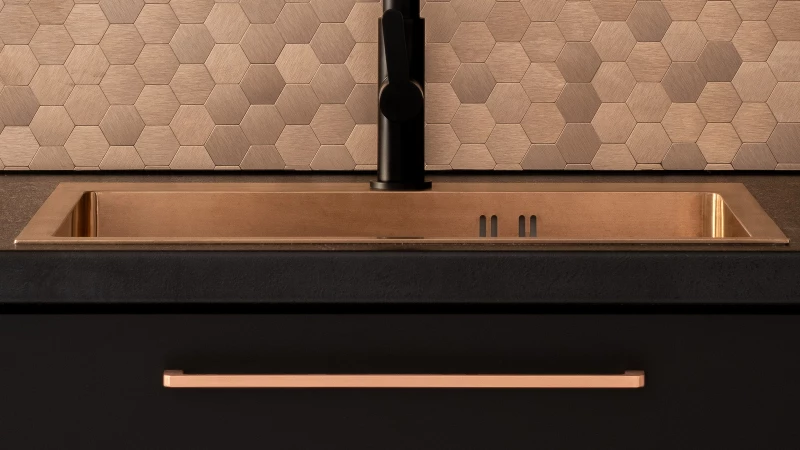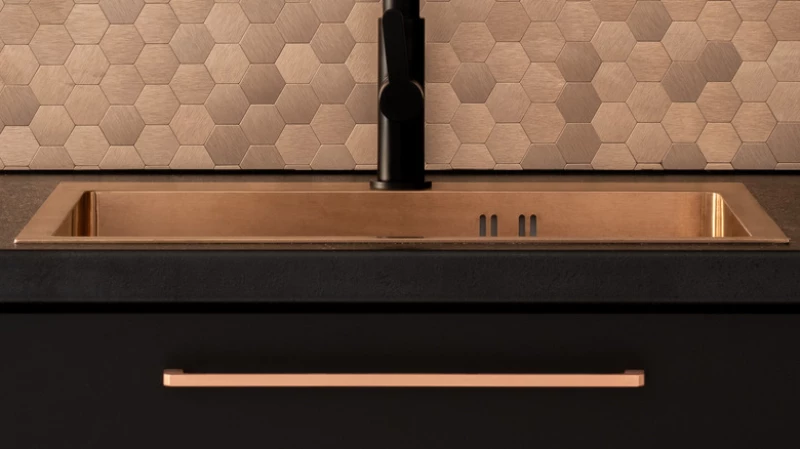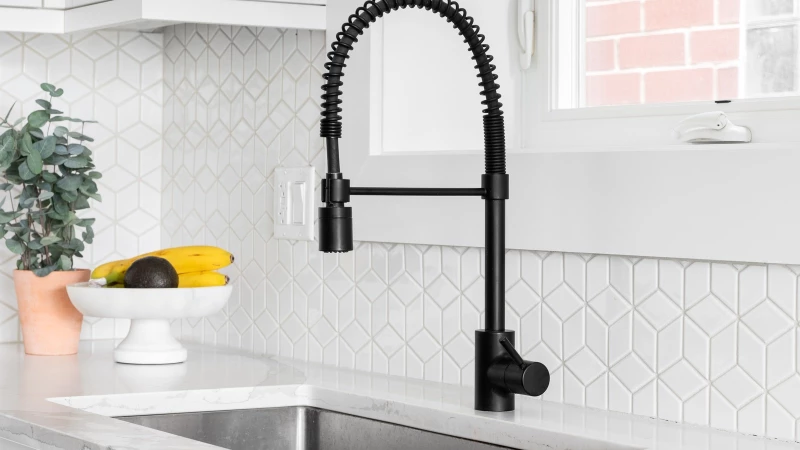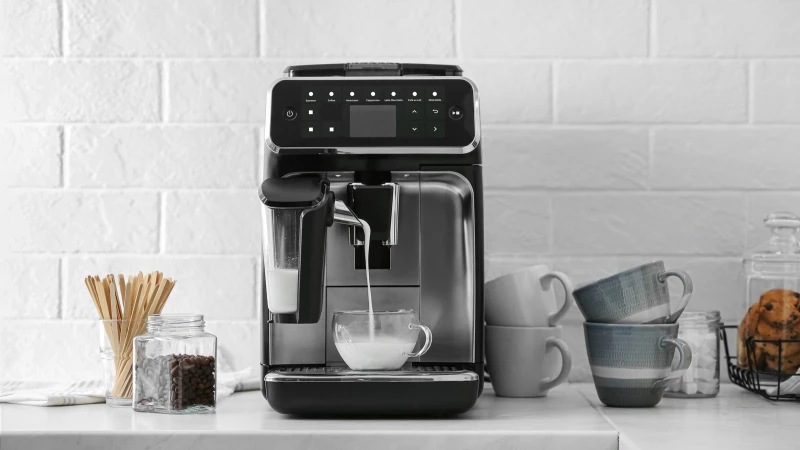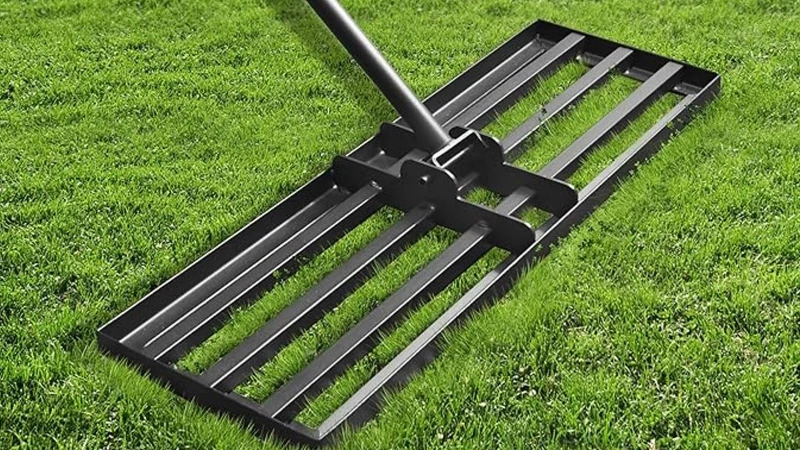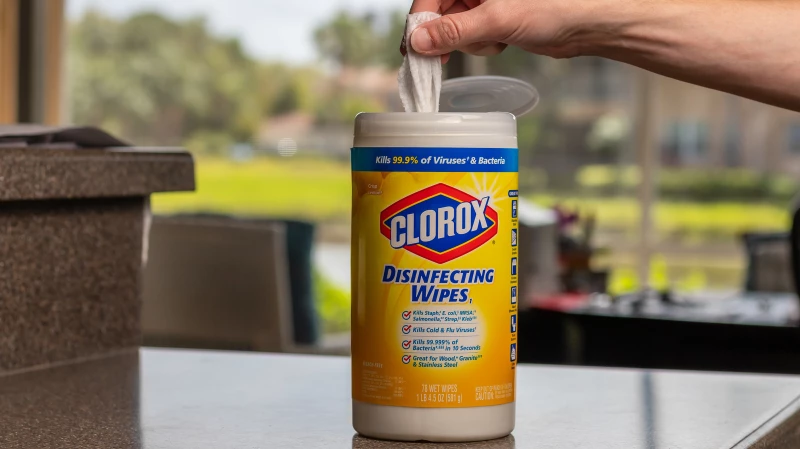When it comes to choosing a material for your kitchen sink, the options may surprise you. While stainless steel is a popular choice, it lacks character. On the other hand, copper, often overlooked, offers a rich, warm color and a rustic look that can add visual appeal to your kitchen. However, before making a decision, it's essential to consider the pros and cons of using copper for your sink.
Copper is a durable material that has antibacterial properties and is aesthetically pleasing. Despite these advantages, it is susceptible to chemical reactions, costly, and typically requires professional installation.
Copper is just one of the many unique sink materials available that can make a statement in your kitchen. It's important to weigh the pros and cons to determine if it's the right choice for your home. Keep in mind that copper may not be the most low-maintenance option, so it may not be suitable for those with a busy lifestyle. Additionally, depending on your budget, you may prefer a more affordable alternative. Nevertheless, for many homeowners, the benefits of copper outweigh the drawbacks.
Copper Sinks: A Timeless Statement Piece
Those who adorn their kitchens with elegant copper sinks understand the lasting appeal and benefits they bring. A standout feature of copper sinks is their natural antibacterial properties. The U.S. Environmental Protection Agency (EPA) has even verified that specific copper alloys have the ability to eliminate the SARS-CoV-2 virus, which causes COVID-19.
Copper sinks are known for their durability and longevity, outlasting sinks made from other materials. With a lifespan of over 30 years, copper sinks require less frequent replacement compared to alternatives like stainless steel sinks, which typically last between 15 to 30 years. Proper maintenance, such as using copper cleaner and drying the sink after use, can help prevent damage and extend its lifespan. Additionally, copper sinks add a touch of style to any kitchen, especially for those aiming for a rustic aesthetic. The choice of sink material can significantly impact the overall design of a kitchen, making a copper sink a statement piece that might eliminate the need for other expensive design additions.
Copper sinks come with a hefty price tag and the downside of not being DIY-friendly. Due to their weight and plumbing requirements, it's best to leave the installation to professionals. As copper ages, it develops a patina, which can be a matter of personal preference. However, this natural process means your sink will change in appearance over time. To maintain its look, avoid using acidic chemicals, certain cosmetics, bleach, and other substances that can strip away the patina.

